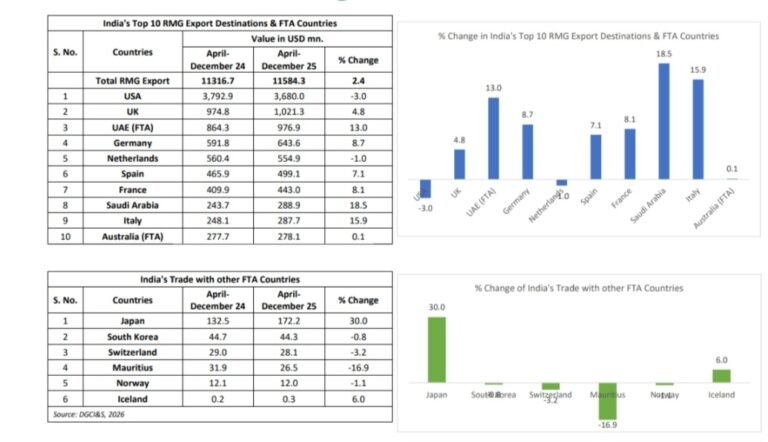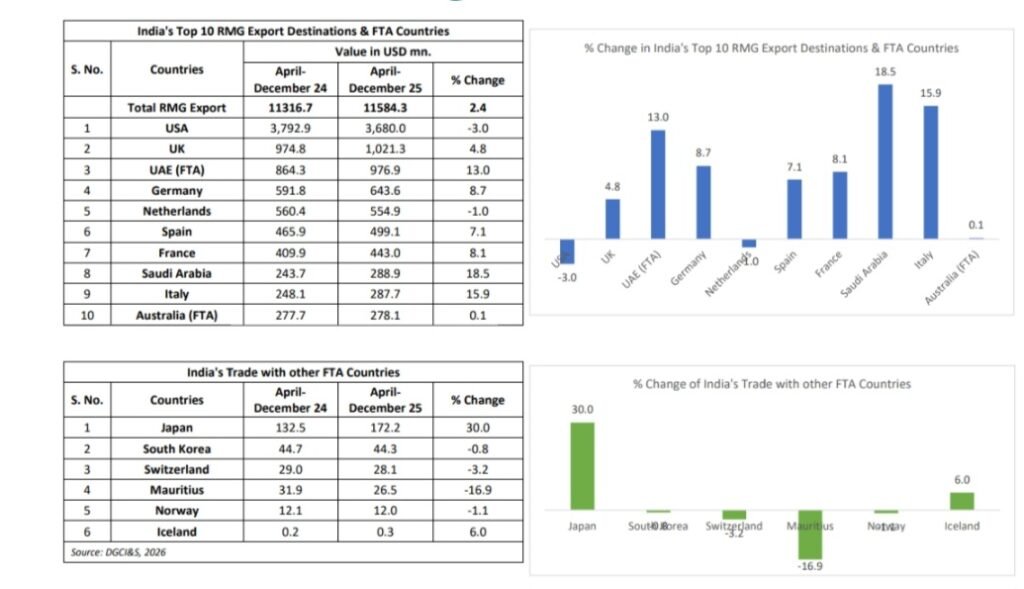
Tirupur, recognized as the knitwear capital of India, plays a pivotal role in the global textile industry. The town’s success is heavily reliant on its labour force, a significant portion of which consists of migrant workers from North India. Engaged on a contract basis, these workers contribute to various critical operations, including knitting, stitching, dyeing, processing, and quality checking. As the industry evolves, particularly with increasing emphasis on sustainability, social accountability, and compliance, there is a pressing need for a statutory compliant module that facilitates easy onboarding and off-boarding of contract labour. Additionally, a robust allocation system is essential for accurately capturing the costs and utilization of this workforce.
The Migrant Workforce in Tirupur
Tirupur’s labour force is predominantly composed of migrant workers who travel from states such as Uttar Pradesh, Bihar, and Odisha in search of employment opportunities. Engaged through contractors, these workers are involved in several stages of the textile manufacturing process. While this arrangement meets the industry’s labour demands, it also presents challenges related to labour management, compliance, and accountability.
Challenges in Contract Labour Management
- Statutory Compliance: Managing contract labour necessitates adherence to various legal and regulatory requirements. Ensuring compliance with labour laws, social security, and welfare provisions is crucial, especially when dealing with a large, transient workforce. Non-compliance can lead to legal penalties, damage to brand reputation, and loss of business.
- Social Accountability and Compliance: Brands increasingly focus on the social and ethical aspects of their supply chains. Compliance with international standards such as the Eco Sustainability Product Regulations (ESPR), which require Life Cycle Assessment (LCA), Digital Product Passports, and Environmental, Social, and Governance (ESG) requirements, is becoming mandatory. This includes adhering to social accountability standards, ensuring fair wages, safe working conditions, and preventing exploitative practices.
- Onboarding and Offloading: The transient nature of migrant workers complicates the onboarding and offboarding processes. There is a need for a streamlined approach that allows for the quick and efficient integration of workers into the production cycle, as well as their smooth transition out of the system when their contracts end.
- Cost and Utilization Tracking: Proper allocation and utilization of the contract workforce are essential for controlling costs and ensuring efficiency. Without a robust system in place, issues such as underutilization, overstaffing, or inaccurate cost allocation can arise, leading to financial inefficiencies.
Need for a Statutory Compliant Module
To address these challenges, a statutory compliant module is essential. This module should include:
- Digital Onboarding and Offloading: A digital platform that simplifies the onboarding and offboarding process, allowing for quick background checks, document verification, and integration into the payroll system.
- Compliance Management: Integration of tools that track compliance with labour laws, social accountability standards, and brand-specific requirements. This includes features for monitoring working hours, wages, and safety conditions.
- Routine Allocation and Cost Tracking: A robust system for the routine allocation of workers to various tasks, ensuring that the right number of workers is assigned based on production needs. This system should capture data on labour utilization and costs, enabling accurate tracking and reporting.
Leveraging Technology and AI
Incorporating technology and AI into contract labor management can significantly enhance the efficiency and effectiveness of the processes involved.
- AI-Driven Analytics: Utilizing AI to analyse data on labour utilization can help identify patterns and optimize workforce allocation, ensuring that labour resources are used effectively.
- Automated Compliance Monitoring: AI tools can automatically monitor compliance with labour laws and social accountability standards, alerting management to potential issues before they escalate.
- Digital Platforms for Communication: Implementing digital communication platforms can facilitate better interaction between management and contract workers, ensuring that all parties are informed and engaged.
Conclusion
As the textile industry in Tirupur faces increasing pressure from brands and regulatory bodies to adhere to sustainability and social accountability standards, the need for an efficient and compliant contract labour management system has never been greater. By implementing a statutory compliant module with features
for easy onboarding and offboarding, compliance management, and routine allocation, the industry can effectively meet these challenges while maintaining its competitive edge in the global market.
This approach will not only improve workforce management but also enhance the industry’s reputation for ethical practices, thereby attracting more business and ensuring long-term sustainability. Embracing technology and AI will further strengthen these efforts, creating a robust system that supports both operational efficiency and compliance with evolving industry standards.











